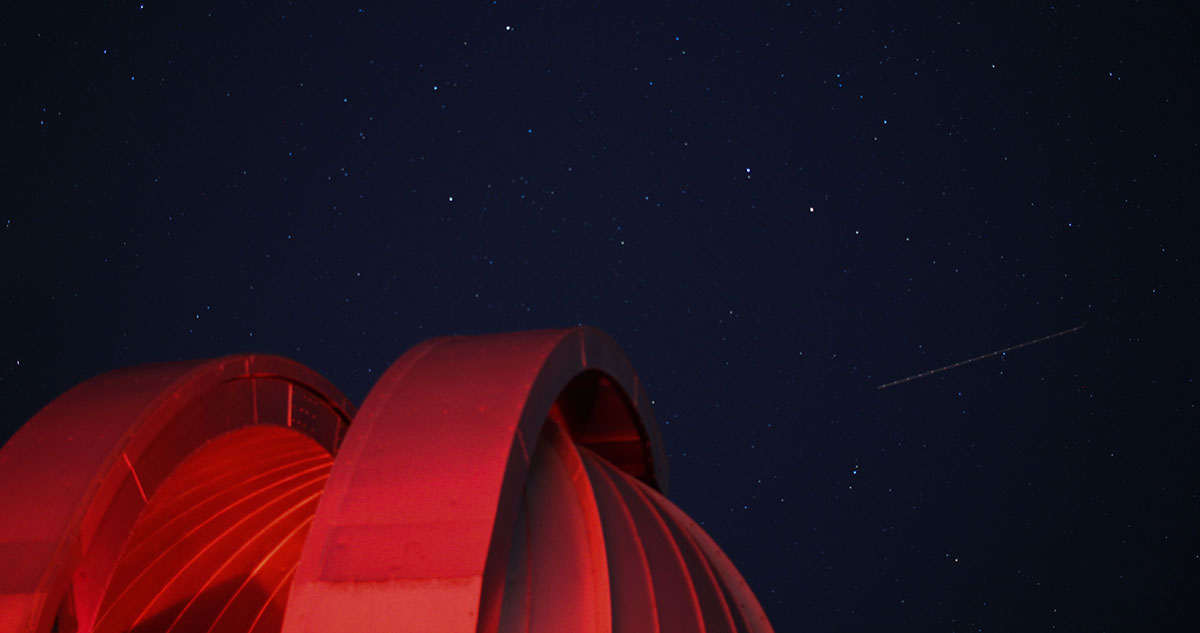INTRO PHYSICS I
Complete one of the following options below:
OPTION 1: (FALL TERM)
PC-200 General Physics I
3 CreditsN, QMCorequisite: PC-200L.
PC-200L General Physics Lab I
1 CreditNCorequisites: PC200.
OPTION 2: (FALL TERM)
PC-202 Intro Physics I
3 CreditsN, QM, WK-FRCorequisite: PC-202L. Corequisite or Prerequisite: MA-130 or MA-230.
PC-202L Intro Physics Lab I
1 CreditNCorequisite: PC-202. Prerequisite or corequisite: MA-130 or MA-230.
OPTION 3: (FALL TERM)
PC-204 University Physics
4 CreditsN, QM, WK-FRPre- or Co-requisites: MA-130; FYC-101
INTRO PHYSICS II
Complete one of the following options below:
OPTION 1: (SPRING TERM)
PC-201 General Physics II
3 CreditsN, QMCorequisite: PC-201L. Prerequisite: PC-200.
PC-201L General Physics Lab II
1 CreditNCorequisite: PC201.
OPTION 2: (SPRING TERM)
PC-203 Intro Physics II
3 CreditsN, QMPrerequisite: Take PC-202 or PC-204. Corequisite: PC-203L.
PC-203L Intro Physics Lab II
1 CreditNPrerequisite: PC-202 or PC-204. Corequisite: PC-203.
REQUIRED CORE
Complete the following courses:
AS-160 Measuring the Universe
4 CreditsN,WK-SPPre-req: FYC-101 or EN-110 or EN-109.
AS-260 Observational Astronomy
4 CreditsN,WK-SPPre-Req or Co-Req: FYC-101 or EN-110 or EN-109.
ELECTIVES
Complete six additional credits from the courses listed below:
AS-390 Astrophysics
4 CreditsNPre-reqs: PC-301 and MA-235.
CA-227 Archaeoastronomy
3 CreditsCA,N
AS-350 Astronomy Research I
2-4 Credits Instructor permission required.
AS-450 Astronomy Research II
2-4 CreditsPre-requisites: AS-350 and permission of instructor.
AS-300 Chile: Southern Stars I
2 CreditsI,N,SW-GEPrereq: FYC-101 or EN-110 or EN-109. (Must complete both AS-300 and AS-301 to fulfill one of the Global Engagement requirements.)
AS-301 Chile: Southern Stars II
2 CreditsI,N,SWGSAPrereq: FYC-101 or EN-110 or EN-109. (Must complete both AS-300 and AS-301 to fulfill one of the Global Engagement requirements.)
CONN-310A Revolution! Part 1
1 CreditH,N,CW,IC,CONNStudents must take both CONN-310A and CONN-310B to fulfill the IC requirement or the Connections general education requirement.
CONN-310B Revolution! Part 2
2 CreditsH,N,CW,IC,CONNPre-Req: CONN-310A. Students must take both CONN-310A and CONN-310B to fulfill the IC or Connections general education requirement. Students are expected to be in their third or fourth year when taking this course.
**Courses in Geology, Biology, Chemistry, Data Science, and possibly other disciplines may be approved as electives if they have a substantial astronomy content or are closely related to astronomy topics.
Secondary Emphasis Credit Total = 18
Six credits must be at the 300/400-level. Any course exception must be approved by the advisor and/or department chair.
The Astronomy Secondary Emphasis at Juniata College will:
- Provide a rigorous yet broad introduction to astronomy, where the theoretical background is complemented by hands-on, observational experience.
- Be situated within the liberal arts tradition of Juniata College, andinclude an exploration of the role of astronomy in culture and the opportunity to study abroad.
- Offer a pathway to coursework and experiences that will appeal to and add value for students who plan to attend graduate school in astronomy or astrophysics.
- Be available to students in all disciplines through a sequence of courses that have less mathematical rigor and few prerequisites, as well as the opportunity to fulfill general education credits while completing the secondary emphasis.
A student who has completed the Astronomy Secondary Emphasis at Juniata College will be able to:
- Apply critical thinking and quantitative reasoning skills to problems in astronomy.
- Clearly articulate scientific ideas both orally and in writing.
- Explain the apparent motion of celestial objects as seen from Earth.
- Connect the laws of physics to specific astronomical processes and phenomena.
- Use telescopes, cameras, and spectrometers to observe, analyze, and interpret the light received from celestial objects.
- Understand the role of astronomy in human cultures, past and present.
 skip to content
skip to content





